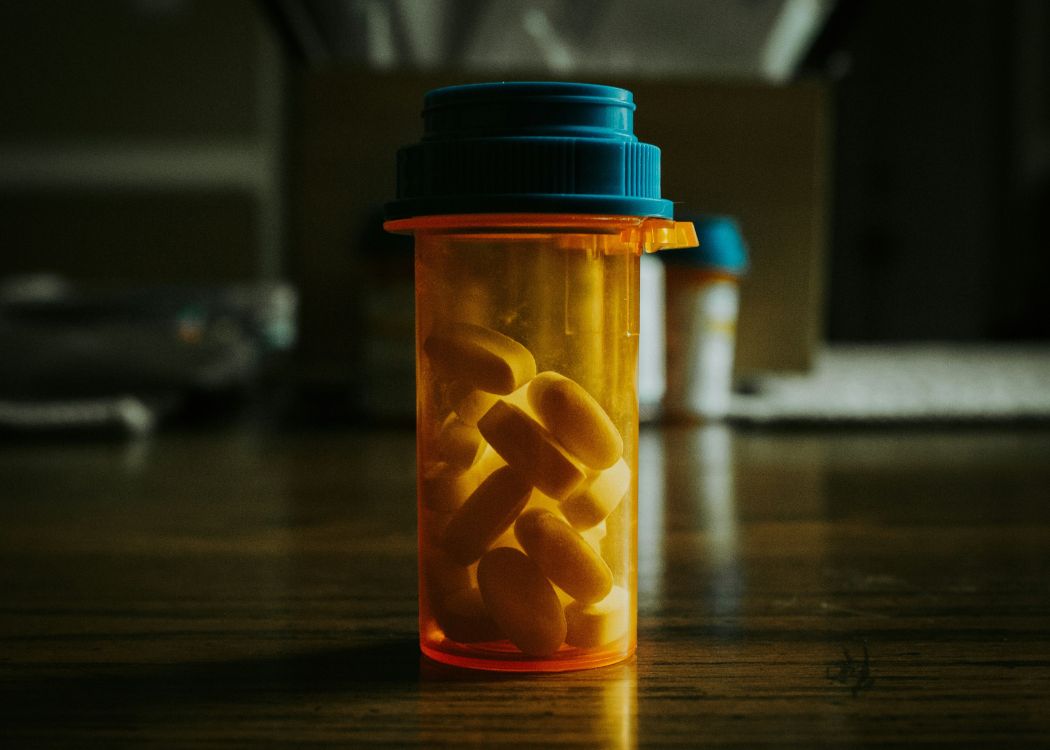Could substance use be hiding an attempt to survive?
Adolescence and the transition to adulthood are often synonymous with instability and challenges. For many adolescents, hormonal changes, a desire for autonomy and the will to define oneself are intertwined with mental health issues. An increasing number of youth struggle with anxiety, depression or ADHD. Self-medication is soaring among young people with mental health problems.
A widespread reality across Canada, Québec and New Brunswick
Psychological distress among youth is a nationwide phenomenon.
- In Canada, 1 out of 5 youth live with a mental health issue and 70% of mental health issues appear before the age of 18.
- In Québec, youth aged 15 to 24 are particularly at risk of experiencing mental health or substance use problems.
- In New Brunswick, approximately 57% of young people believe their mental health is not very good. This figure is even higher among youth who are part of marginalized groups. Solitude and a lack of support can increase the risk of depression, anxiety and substance use.
The reality of young substance users at Portage
In 2022, 75% of adolescents enrolled in Portage programs had been diagnosed with a mental health disorder in addition to their substance use problem.
- 50% had an attention deficit disorder with or without hyperactivity (ADHD)
- 23% had an anxiety issue
- 10% had a generalized anxiety disorder
- 10% had been diagnosed with depression
While a correlation between substance use and mental health disorder diagnoses has not been established, it bears mentioning that an overwhelming majority of young substance users who turn to drug rehabilitation services like those offered at Portage present these types of concurrent disorders.
Why young people choose to self-medicate
″I projected this ‘cool guy image’ because I took drugs, but the truth is I was trying to hide a deep sense of loneliness. I felt isolated, like I wasn’t part of the group.″—James, a youth in treatment
Young people don’t always use drugs just to ″party″ or ″rebel against something. ″ For many, substance use is their attempt to deal with emotional pain. Anxiety, ADHD, depression and mood disorders, all of these can lead to a constant sense of unease that is hard to verbalize or understand.
Many youth report using cannabis to lessen their anxiety or drinking alcohol to help them sleep. Others vape to relieve their stress. According to Canadian Statistics, more than one third of youth vape to manage their stress.
The lack of access to healthcare is also a factor: in New Brunswick, less than 50% of youth with early mental health needs have access to community services. This void can push young people to find their own solutions—often by turning to substance use.
Finally, social media often normalizes or glamourizes substance use. When young people see their peers using drugs or alcohol without any apparent consequences, they may decide it is an acceptable way of dealing with their own distress.
Self-Medication Risks
If self-medication can provide temporary relief, it also carries serious risks. Substance use can aggravate mental health issues, lead to dependency, damage school or social relationships, and even cause legal problems.
″There is a strong link between substance use and young people’s mental health. At that age, they don’t have the necessary skills to manage their emotions. For them, using drugs or alcohol is an easier way of dealing with their pain, avoiding sadness or forgetting a traumatic experience″, says Perla Coronado, a counsellor at Portage’s Cassidy Lake Center for adolescents and young adults.
Youth who use substances to relieve their pain are at greater risk of developing serious mental health issues. Moreover, in Canada, at least 20% of individuals with a mental health disorder also have a substance use disorder; this is what is known as having concurrent disorders.
In addition, self-medication can delay access to appropriate care by leading young people to believe they have found the solution to their problem. This delay can make recovery more difficult and longer.
Recognizing Collective Efforts
There is no doubt that young people are genuinely in distress and self-medication is often seen by them as the answer to their problem. Provincial governments, including the government of New Brunswick, are aware of this and have announced concrete measures to improve access to mental health and addiction treatment services. These efforts are vital and are part of a collective determination to enhance support services for young people.
How to Help a Youth Struggling With These Challenges
Recognizing the signs of self-medication is the first step. Talking to young people, listening to them without judging and referring them to resources such as Portage are all ways of helping them transform their lives.
″I never told my family what I was going through. I felt very isolated from them. I didn’t feel as if I could confide in them and they weren’t much for talking either. Despite that, I knew deep down that I had to talk to someone—them or someone else—and get help″. James, a youth in treatment
Portage has specialized programs for youth with substance use and mental health problems. Thanks to its therapeutic approach, peer support and clinical program, young people can find their bearings as well as hope for a substance-free future. At Portage, they learn to identify and understand their pain. They discover they are not alone and there are solutions.
During the National Addictions Awareness Week, let’s share this message: there is hope and it starts with a conversation. Talk about it, share information on resources and, most of all, listen to young people. Hope starts with a conversation.
Other relevant sources:
https://www.statcan.gc.ca/o1/en/plus/7642-rising-mental-health-concerns-among-youth
Share the article:






Leave a Reply